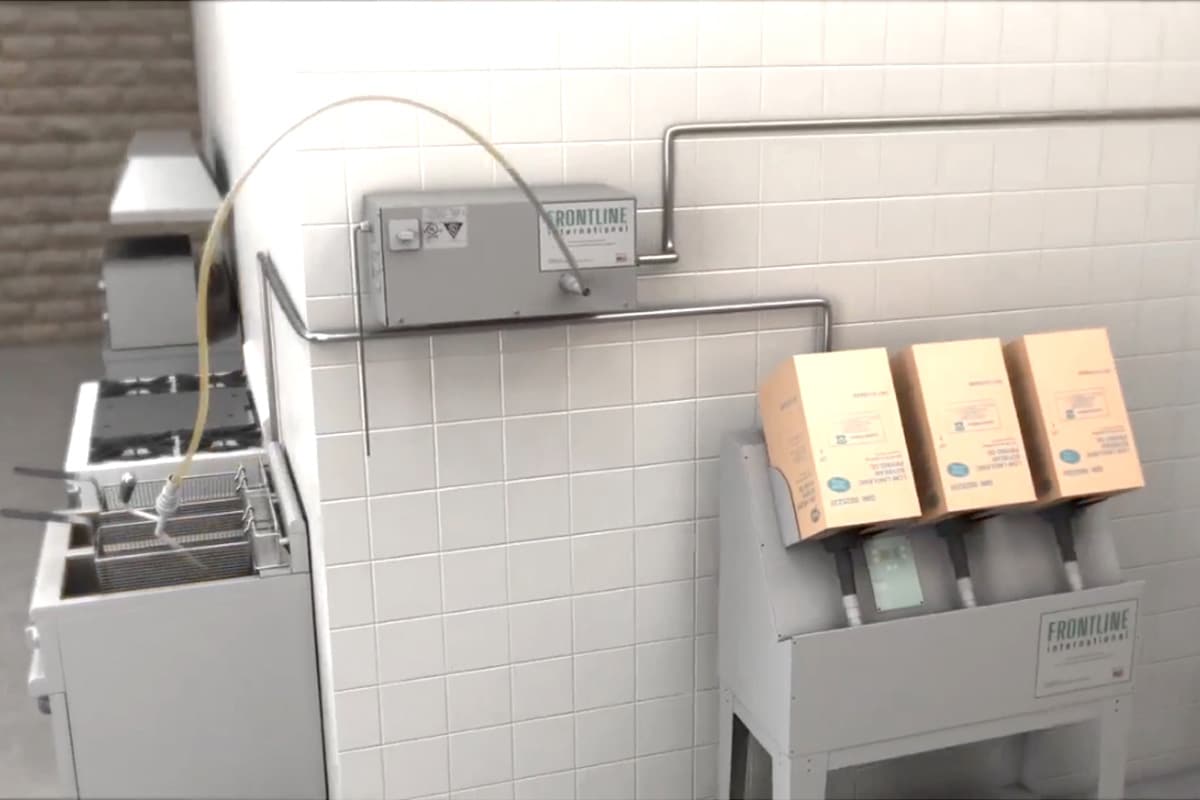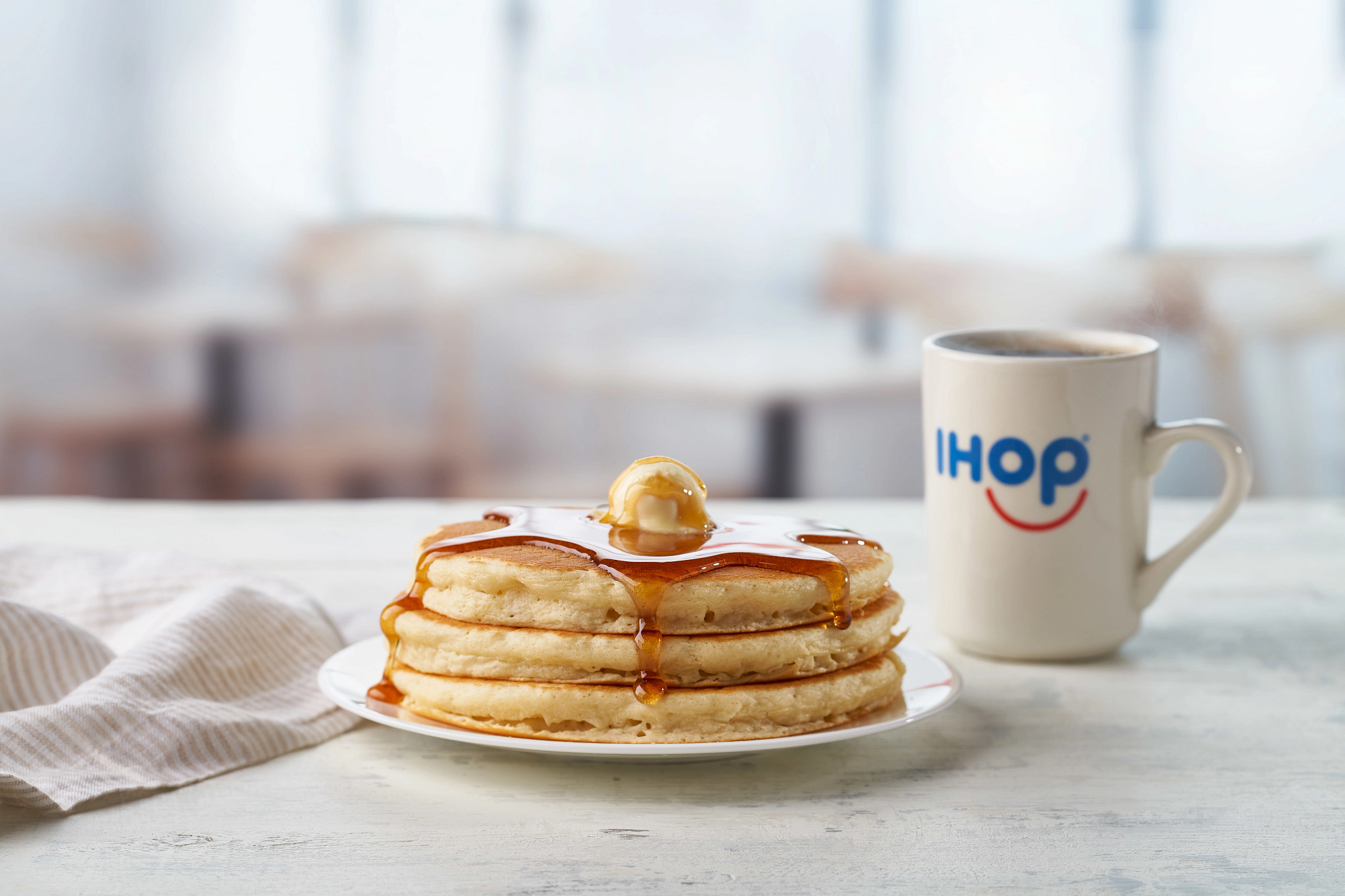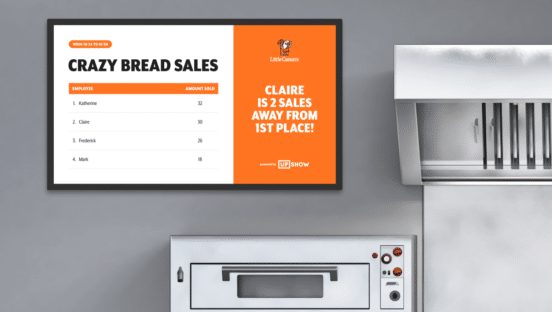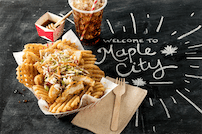As brands reconsider their growth strategies in the midst of a pandemic and recession, every aspect of restaurant operations is being scrutinized. Design, equipment, real estate, and general efficiencies are all under the microscope, and chains are finding that brandwide, consistent products and practices are necessary components to a healthy bottom line.
For example, when deep fryers must be installed or replaced, more and more top brands are finding that the moment is a great occasion to implement an overall oil management strategy that ensures a safe, cost efficient, and operator-friendly approach.
“I think before, operators thought about oil as a necessary evil, or something they’d deal with when they had to,” says Jeff Couch, principal of Preferred Marketing Group. “Now, they’re seeing that oil isn’t going to get cheaper, it’s only going to get more expensive. They are beginning to treat it as what it is: A food product that needs an effective management system like any other food product.”
Couch says it’s no surprise to him that many of the top quick-serve brands—including McDonald’s, Pizza Hut, Burger King, and Wendy’s—use Frontline International to handle their oil management and deep fryer needs. He says that, as the leading oil management brand in the industry, Frontline International takes a holistic approach to oil management, providing custom, unit-specific solutions to ensure that oil is disposed of in a safe and efficient manner.
Here’s what a typical oil management system might look like when set up by Frontline International: Packaged oil sits on a station with a line running from it into the deep fryers. The line has the ability to automatically top off oil when the fryer needs more to maximize consistency. When grease or oil must be removed from the deep fryer, the oil travels down a separate line and into a waste tank that can be easily accessed for pick-up. The tank is programmed to know when a pick-up should be scheduled and can automatically set up that transaction through an operator-friendly software app. The software, M3 Cooking Oil Data Management, also helps operators know if maintenance should be scheduled and can produce data illustrating how efficiently oil is being used.
If for some reason an operation can’t install grease lines that travel from the deep fryers and connect directly to the waste tank, Frontline offers another hands-free process with its caddy on wheels, which can be used to help safely transport the oil to the waste tank.
An added bonus, according to Couch, is that unlike some competitors, Frontline International ensures that its clients are not locked into a contract to buy oil—no matter what price it might rise to—but can actually shop around to see if they can get a better price.
“Frontline International is such an innovative company, but that doesn’t mean they’re looking at putting robots in your kitchen or something,” Couch says. “They’re looking at oil management and the quality of it, and they’re saying, ‘Okay, how do we create a safe, efficient environment for operators and their employees.’ And the answer is that from the moment they install deep fryers in a restaurant, a system is set up that easily disposes of the oil in a risk-free way that reduces labor and worker comp claims.”
To learn more about why it makes sense to consider an oil management system when you’re purchasing deep fryers, visit the Frontline International website.
By Charlie Pogacar













